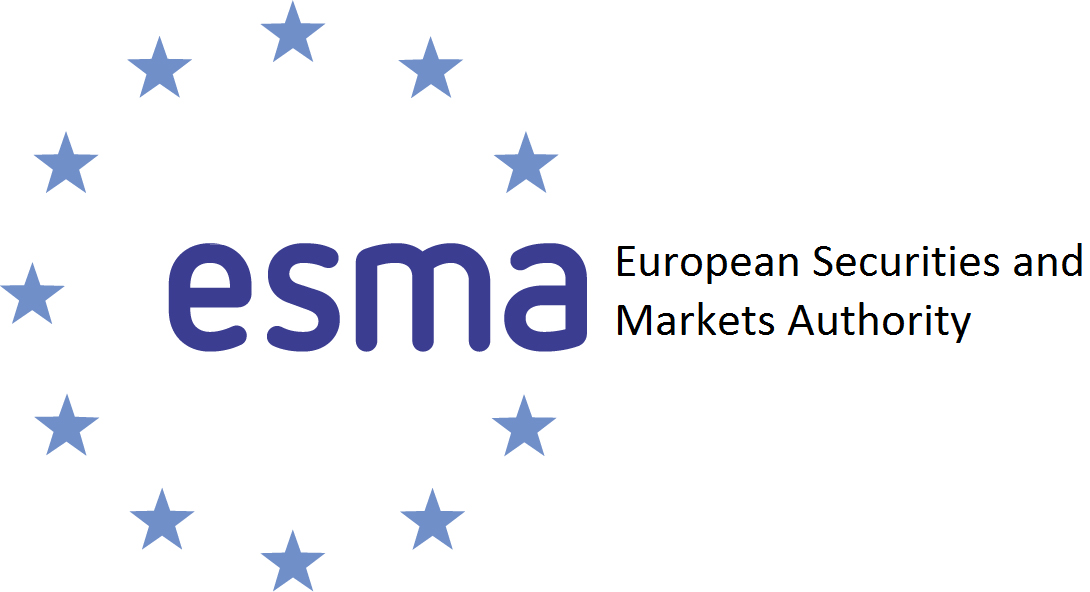European Securities and Markets Authority (ESMA) chair Verena Ross has questioned whether Europe’s financial markets could remain competitive if it stayed at a T+2 settlement cycle.
Speaking at an Association for Financial Markets in Europe conference last week, Ross said Europe’s markets needed to retain their competitive edge as other major jurisdictions moved to T+1.
It comes after the regulator launched a consultation earlier this month on shortening the settlement cycle in the European Union, with T+1 and T+0 both being considered.
Ross said fragmented European markets “must be stable and work in an orderly fashion” but must also remain “efficient and competitive”.
“We are conscious of the specific characteristics of EU markets, with a high number of market infrastructures, several different currencies, a common settlement platform, as well as a very specific settlement discipline framework,” Ross said.
“However, we need to recognise that the move to T+1 in other major jurisdictions will have an impact on European markets. The question is whether we can remain at T+2 without damaging our competitiveness.
“Looking at our European markets, at the technology available and at the evolution of other markets outside the EU, I think we really need to question whether a two-day settlement cycle is still right for European markets.”
Ross added the consultation, which runs until 15 December, will weigh up the pros and cons of shortening the cycle including the cost and benefits for market participants.
The current T+2 cycle, which requires all transactions executed on trading venues to be settled in two business days, was introduced in the 2014 Central Securities Depositary Regime (CSDR).
It is widely thought the move would drive more efficient use of capital across markets by reducing credit, market and liquidity risks.
However, any move to a shorter cycle is likely to have one-off operational costs for market participants, as well as increased costs linked to the potential increase of settlement failures.
US regulators said it will move to a T+1 cycle by May 2024 putting pressure on the EU and the UK to follow suit.



